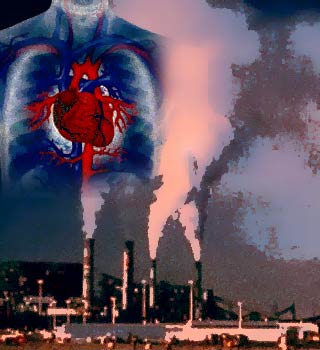Contact with nature can demonstrably help improve and maintain our health, according to scientific research. A new study suggests that even just being able to see nature from your bedroom window could support your health. According to this study, having a view of greenery from your home can reduce unhealthful cravings. As part of the survey, the team also looked at the proportion of green space present in each participant's neighborhood, the access to green views from their home, their access to a personal or community garden, and how often they used public green spaces. Martin and colleagues found that people who had access to a garden — either a private one or a community one — reported more infrequent and less intense cravings, and people whose views from home incorporated more than 25% green space described similar benefits. Craving contributes to a variety of health-damaging behaviors, such as smoking, excessive drinking, and unhealthy eating. In turn, these can contribute to some of the greatest global health challenges of our time, including cancer, obesity, and diabetes. Showing that lower craving is linked to more exposure to green spaces is a promising first step." Says, study co-author Sabine Pahl, Ph.D. (Source: www.medicalnewstoday.com)


